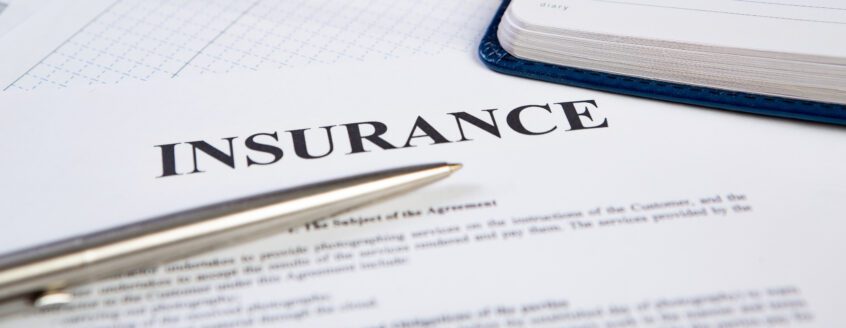With over-the-counter (OTC) hearing aids now available to consumers, plus prescription hearing aids, there are more options than ever before for hearing devices. Originally, cost was one of the driving factors in the FDA’s decision to approve OTC hearing aid sales. And while there are some very affordable OTC options, OTC hearing aids aren’t appropriate for everyone. Some individuals need prescription hearing aids to treat their hearing loss. For example, OTCs aren’t approved for children under age 18, or for individuals with more severe hearing loss.
Even though the cost for OTCs is less than prescription hearing aids, it’s still not an insignificant amount. OTC hearing aids can range from $800 to $1,500 a pair or more. Prescription hearing aids range in cost from $1,500 to $5,400 a pair.
Payment Options
In the case of OTC hearing aids, which are retail products sold in stores like pharmacies or online, most purchases will be made using a check, cash, credit or debit cards. OTC hearing aids do qualify as a healthcare purchase and can be paid for using a Flexible Savings Account (FSA) or a Health Savings Account (HSA).
Consumers should be sure to check return policies and warranties because they vary from product to product and from retailer to retailer. Bottom line, OTCs are like any other retail purchase, so be sure to read the fine print before buying.
Just as is the case with OTC hearing aids, prescription hearing aids also can be paid for with cash, check, credit or debit cards. In addition, there are financing options to cover the cost of prescription hearing aids from well-known companies such as CareCredit.
CareCredit is a convenient, monthly payment program. This plan is specifically designed to help pay for healthcare expenses not covered by insurance, such as hearing aids. Be aware that interest and finance fees may apply.
Hearing Insurance
In most cases, prescription hearing aids are purchased following an in-person visit to a hearing healthcare professional, such as an audiologist. While Medicare does not provide a benefit for hearing aids, some other health insurance plans do. If the clinic you visit participates in your plan, they can check your benefits and determine how much your plan will cover, and what you can expect to pay. If you don’t have insurance to help with the cost of hearing aids, you also can use an FSA or HAS to pay for the devices, or any of the other payment methods mentioned above.
Associated Audiologists is a participating provider for the following insurance programs:
- AARP Medicare Complete
- Aetna (HCA/HMCC plans require special exception letter that must be obtained from Aetna by your PCP)
- Aetna Medicare Plans
- Blue Cross/Blue Shield
- BCBS Medicare Advantage Plans
- Cerner Healthcare
- Cigna
- Cigna Healthspring
- First Health
- Freedom Network
- Humana
- Humana Medicare Advantage Plans
- Medica Select
- Medicare (written order from PCP required prior to service)
- TriCare
- UMR
- United Healthcare
- United Healthcare Medicare Advantage Plans
*Associated Audiologists does not participate in Medicaid.
In addition, if you cannot afford hearing aids, there are community organizations that help with the cost of medical devices. If you need prescription hearing aids, tell your audiologist about any budget concerns you have. Associated Audiologists has staff trained in determining insurance benefits and submitting claims. They also can assist with other payment options or locating funding from a community organization if needed.
Associated Audiologists also is compliant with the No Surprises Act, a federal law that protects consumers from most instances of “surprise” balance medical billing.
The act requires all state-licensed healthcare providers and facilities to provide a written Good Faith Estimate of expected charges for items and services provided to individuals who are out-of-network or uninsured/self-pay.
For more information about hearing aids and options for payment, click here.



